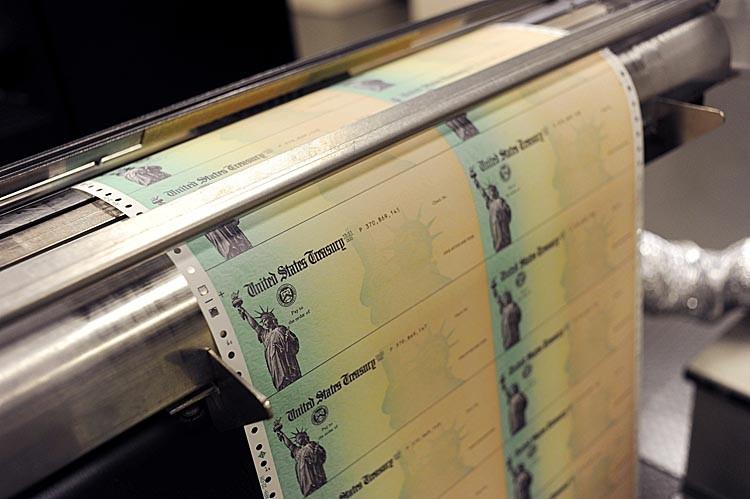Some people who are aiming to file their 2022 tax returns early next year received new advice from the Internal Revenue Service that said that they need to wait for “key documents” before filing.
The reason why, the agency said, is because some people might be receiving a Form 1099-K for the first time due to a change in tax reporting rules under the American Rescue Plan passed in 2021. People who earned over $600 in 2022 via online means will receive a 1099-K form from third-party platforms.





